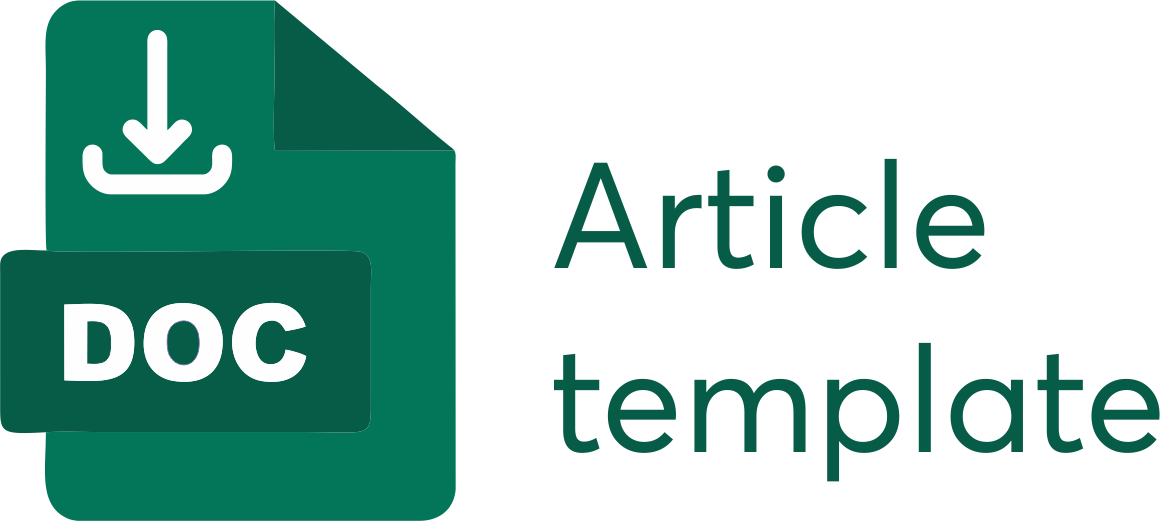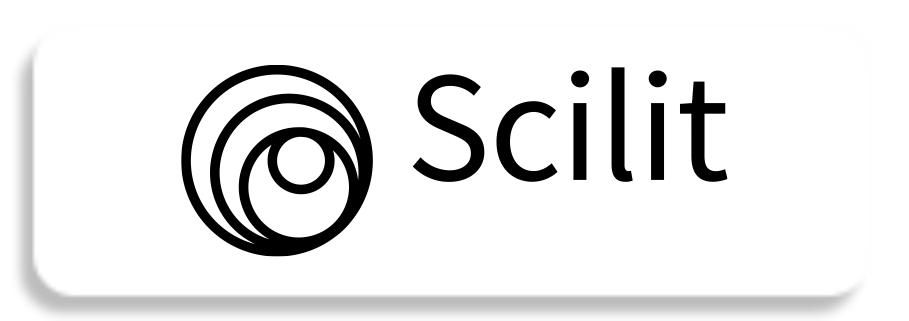Breaking Down Hoaxes in Elections, Samarinda Youth and Students Learn Politics Through the Sekolah Kebangsaan Tular Nalar-Mafindo
DOI:
https://doi.org/10.62568/gsce.v1i01.228Keywords:
Hoax, Digital Literacy, Mafindo, Tular Nalar, ElectionAbstract
The 2024 election presents a major challenge related to the spread of hoaxes that can affect public opinion, social stability, and the legitimacy of democracy. The main issue raised in this paper is the low digital literacy among first-time voters, which makes them vulnerable to misinformation, disinformation, and malinformation. To address this challenge, Tular Nalar-Mafindo in collaboration with FISIP Mulawarman University and Youth GBI Kelir held the activity in the form of Sekolah Kebangsaan. The research used a qualitative descriptive method with a case study approach in the implementation of the Tular Nalar 3.0 digital literacy program. Data were collected through direct observation, interviews, and analysis of pre-tests and post-tests of participants. The program was attended by 93 participants consisting of students and church youth in two separate sessions. The results of the study showed an increase in participants' understanding of the threat of hoaxes and their critical ability to recognize false information. Through materials on hoax sensing, simulations, and interactive discussions, participants were able to identify three main types of information manipulation: misinformation, disinformation, and malinformation. These results emphasize the importance of collaboration between the community, academics, and anti-hoax organizations to promote healthy democracy and hoax-free elections.
References
Amir, S., & El Adawiyah, S. (2022). Perencanaan Komunikasi Politik Ali Ibrahim Dalam Pemilihan Kepala Daerah Tidore Kepulauan. Ekspresi Dan Persepsi : Jurnal Ilmu Komunikasi, 5(2), 308–318. https://doi.org/10.33822/jep.v5i2.4248
Anggrainy, N. E., Rasyid, L. A., Alfyani, N., Hunawa, R., & Basri, F. (2023). Penguatan Literasi Digital dan Budaya pada Siswa SMA Negeri 1 Langowan. 3(November), 1–9.
Imrani, R. A., Suteja, N. J., & Juddi, M. F. (2023). Literasi Politik Berbasis Media. Ekspresi Dan Persepsi : Jurnal Ilmu Komunikasi, 6(1), 195–204. https://doi.org/10.33822/jep.v6i1.4421
Jafar N, M. K., Taufani, Jamaluddin, Y., & Basri, F. (2023). Akademi Digital Lansia (ADL) pada Jemaah Lansia GMIM Yarden Singkil Kampung Islam Kota Manado. TARSIUS: Jurnal Pengabdian Tarbiyah, Religius, Inovatif, Edukatif Dan Humanis, 5(1), 1–7.
Lukman, S., Sani, A., & Priyatna, C. C. (2017). Pelatihan Literasi Komunikasi Politik Pemilih Pemula Sma Darul Hikam Bandung. Dharmakarya: Jurnal Aplikasi Ipteks Untuk Masyarakat, 6(3), 250–253. http://kpu.go.id/
Saure, L., Rembang, M., & Londa, J. (2018). Analisis Media Sosial Whats App Tentang Berita Berita Hoax Oleh Mahasiswa Ilmu Komunikasi Fakultas Ilmu Sosial Dan Politik Universitas Sam Ratulangi Manado. Jurnal Acta Diurna, 7(3), 1–17. https://ejournal.unsrat.ac.id/index.php/actadiurnakomunikasi/article/view/20395
Sriwartini, Y. (2018). Manajemen Komunikasi Pemerintah Desa dalam Melaksanakan Forum Keamanan Terpadu (Kajian Pada Kelurahan Balekambang Jakarta Timur). Ekspresi Dan Persepsi : Jurnal Ilmu Komunikasi, 1(1), 17–32. https://doi.org/10.33822/jep.v1i01.438
Sutisna, A. (2017). Peningkatan Literasi Politik Pemilih Pemula Melalui Pendekatan Pembelajaran Kontekstual. Prosiding Seminar Nasional Pendidikan FKIP UNTIRTA 2017, 6(2), 257–270.
Downloads
Submitted
Accepted
Published
How to Cite
Issue
Section
License
Copyright (c) 2025 Nurliah Nurliah, Rina Juwita, Kheyene Molekandella Boer, Kezia Arum Sari

This work is licensed under a Creative Commons Attribution 4.0 International License.

















